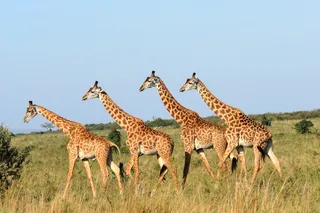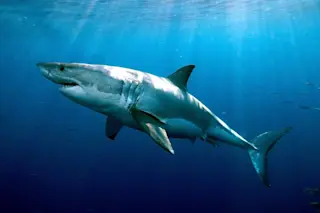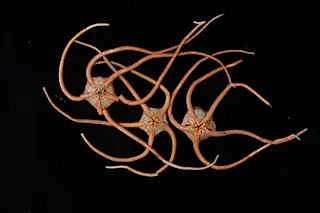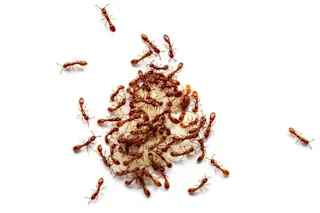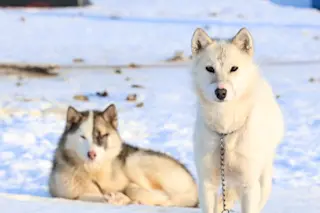Could Neanderthal DNA have protected our ancestors from diseases?
What’s the News: While we humans have certainly outlasted our hominin cousins, new research shows that Neanderthal and Denisovan
genes may have helped us spread far and wide. By mating with the two species, our ancestors acquired genes that allowed them to adapt to diseases outside of Africa far quicker than would have been otherwise possible, according to Peter Parham, a professor of microbiology and immunology at Stanford University. How the Heck:
Parham began by taking a close look at a family of genes called human leukocyte antigens (HLAs), which play a central role in our body’s immune responses. We are able to react to a wide array of diseases because our HLA genes are highly variable, each containing dozens of alleles (forms of genes).
Our ancestors in Africa, however, would have had a small number of HLA alleles because they ...





